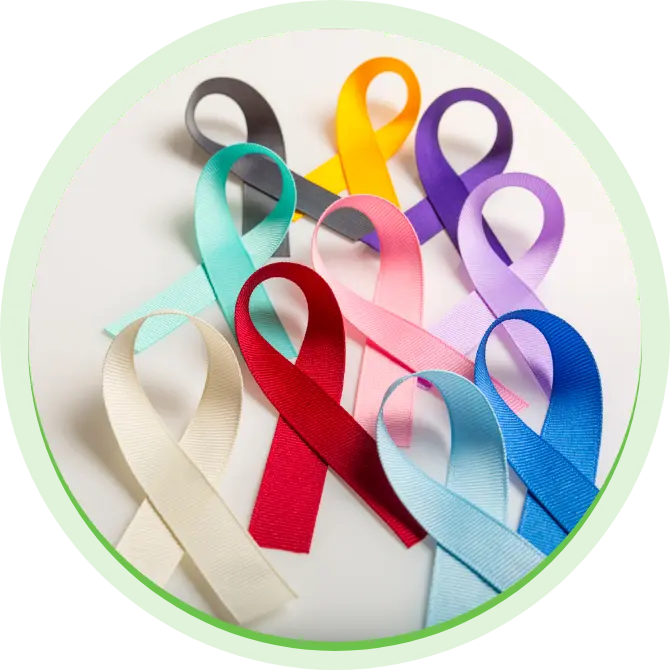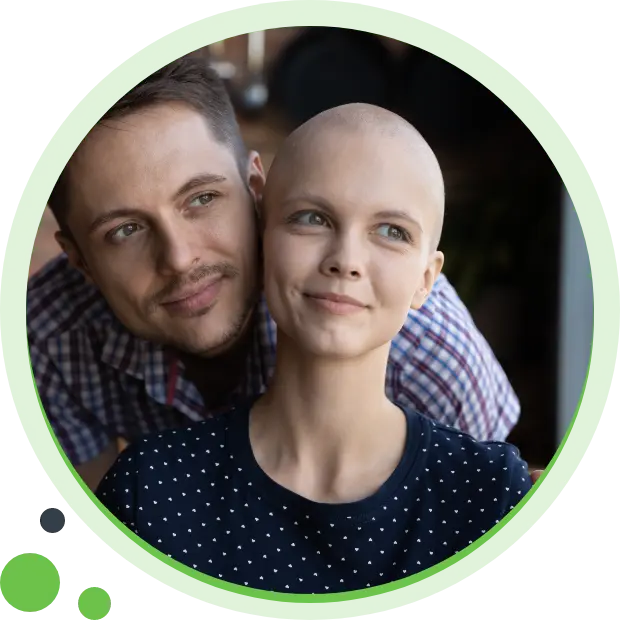You could be eligible for a paid clinical cancer study which could help future generations with the treatment of their cancer diagnosis.

Age Range:
Length of Study:
Location:
Compensation:
All Ages
Varies By Study
Varies by trial but you can often take part from the comfort of your home
Offered By Some Studies


We are researching ways to better support the cancer community with therapies and solutions that will help make daily life more manageable.
First, sign up and fill out a short questionnaire. Based on your answers, you'll receive an immediate response if you pre-qualify. If you pre-qualify we'll match you to a live study and move to the next step to verify your medical records.
We have this process in place so you understand what is expected, what your role is, and how the study works.